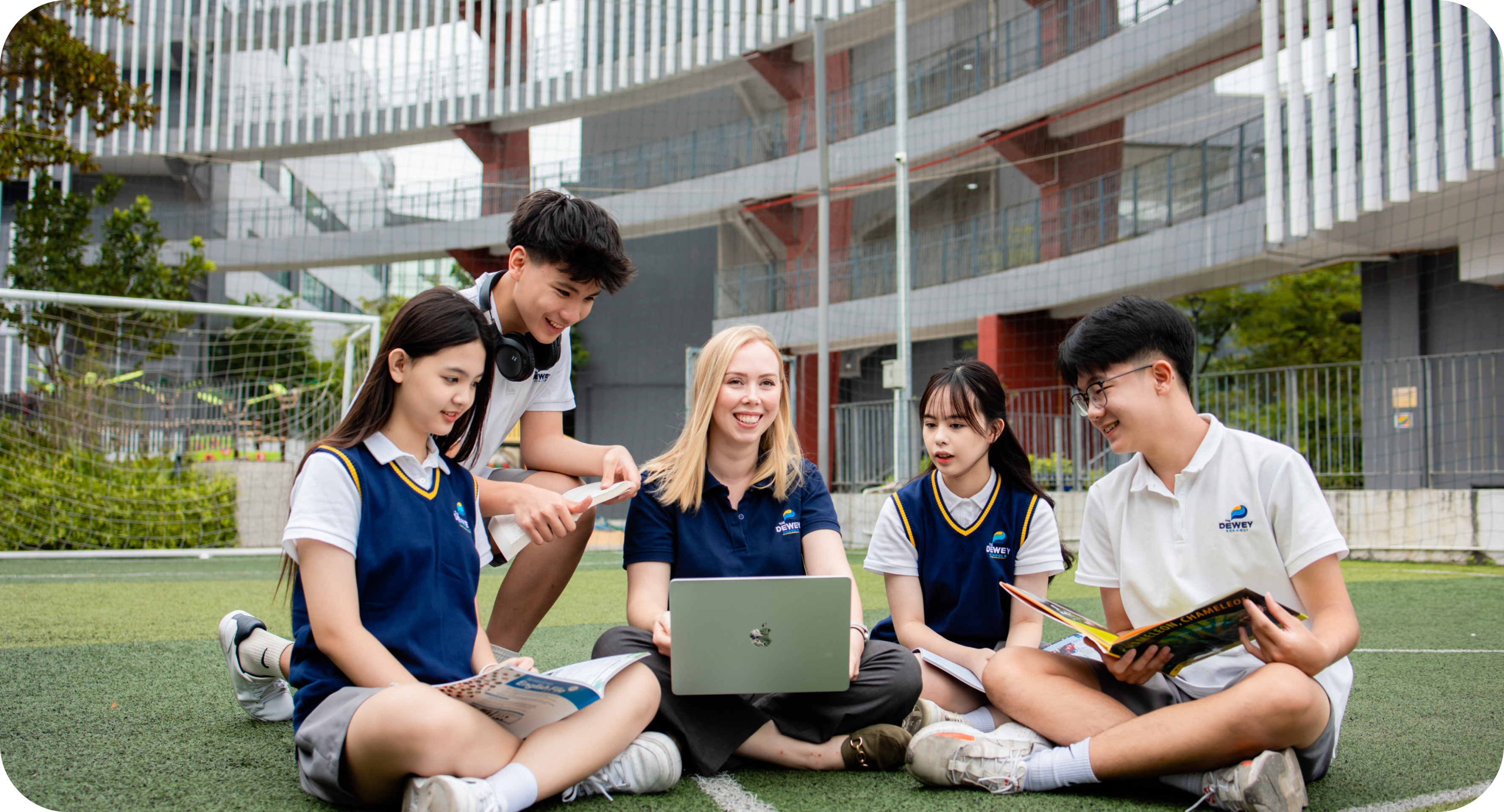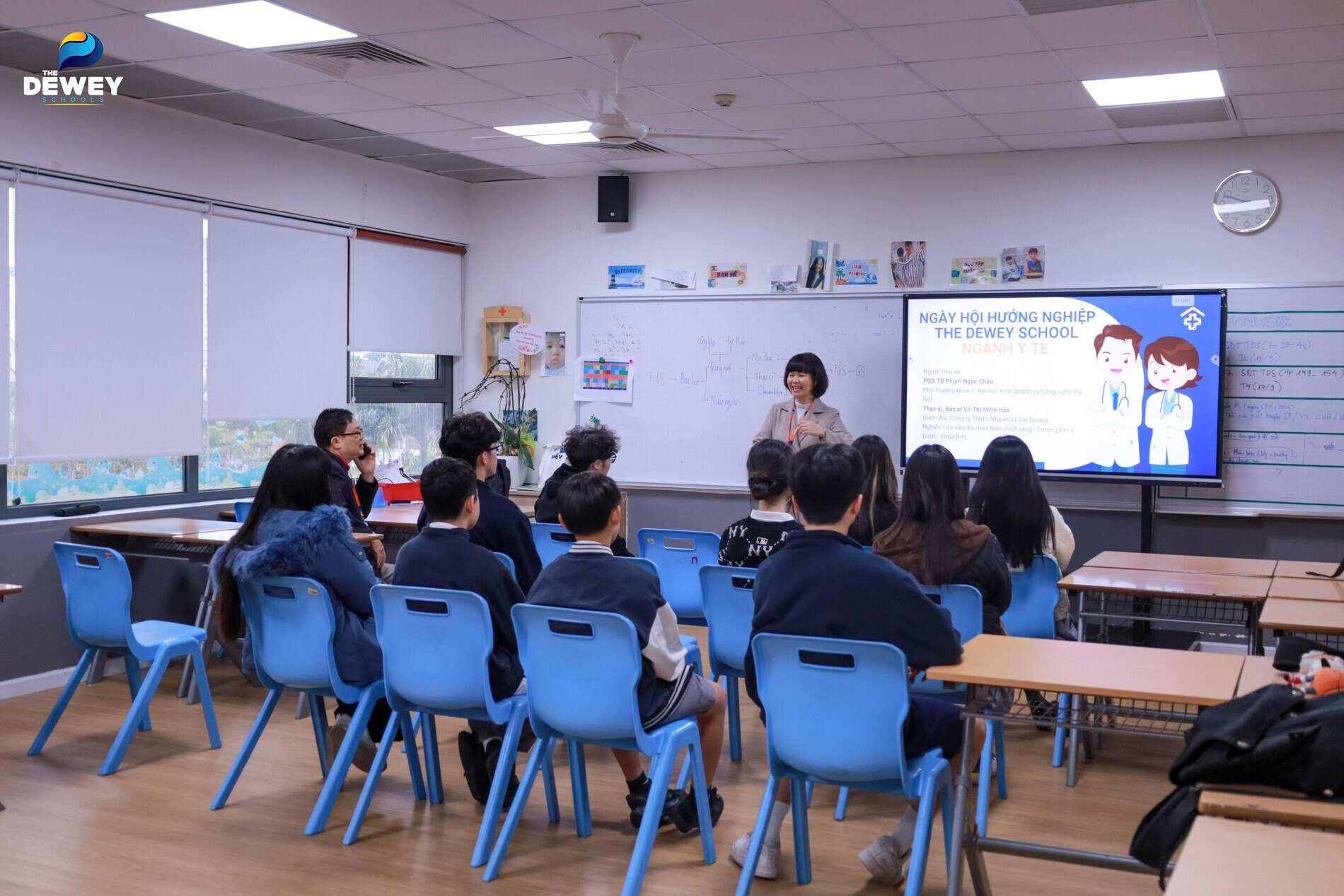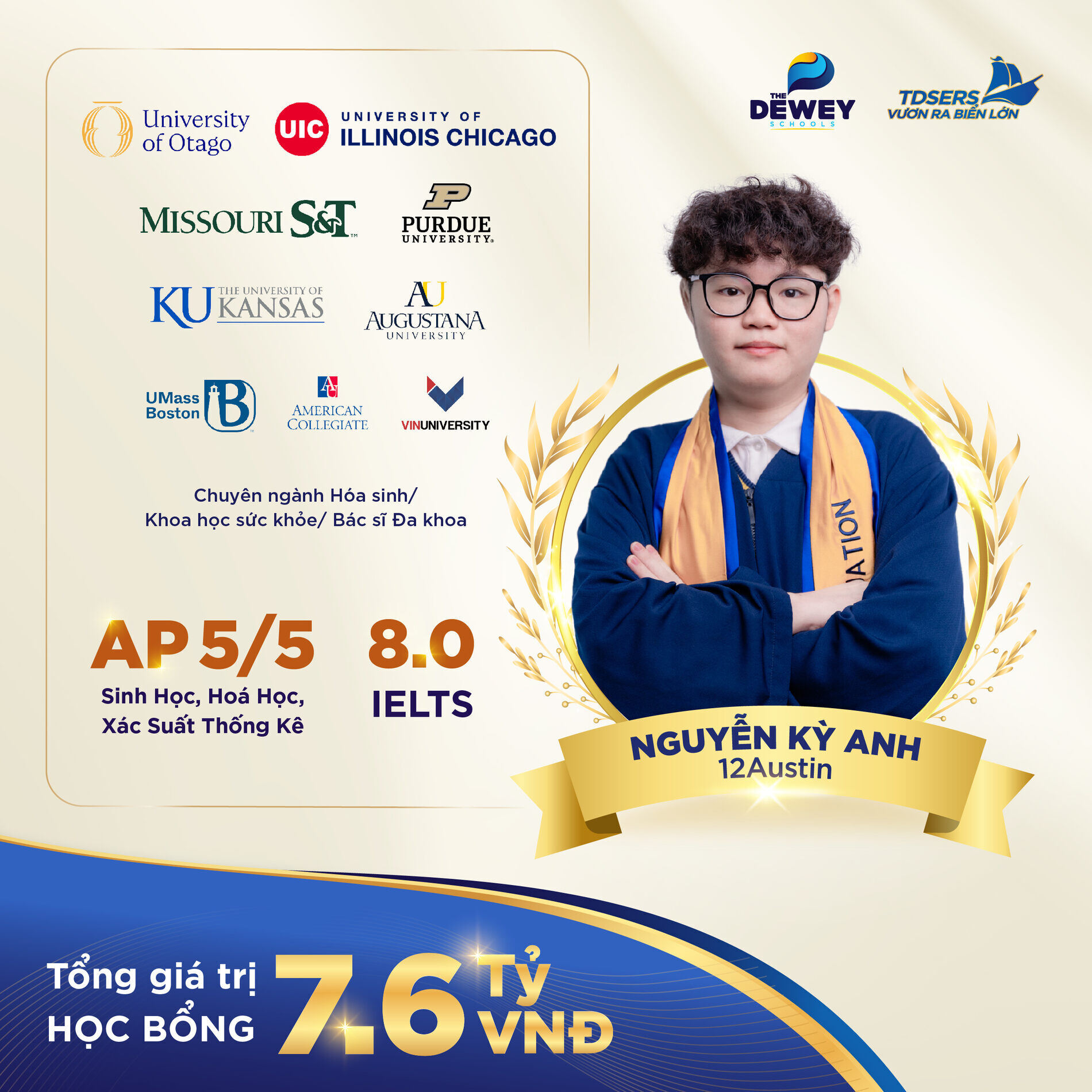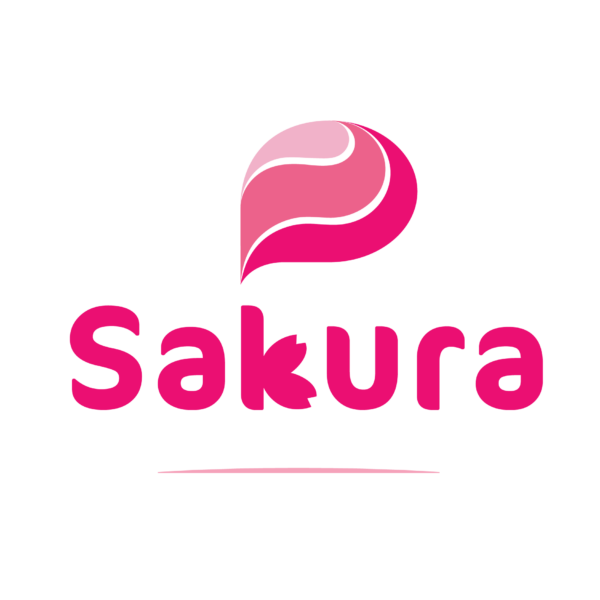Study Skills offer insights into enhancing students’ study skills, time management, note-taking methods, and effective revision techniques. Here are a few study skill suggestions that you can work on with your student.
Study Skills:
- Active Reading: Engaging with the text actively by highlighting key points, asking questions, and summarizing sections in their own words.
- Organization: Using tools like mind maps, outlines, or concept charts to visually represent information and aid in understanding complex concepts.
- Practice Problems: For subjects like Mathematics or Sciences, practicing a variety of problems to reinforce understanding and application of concepts.
Time Management:
- Pomodoro Technique: Breaking study sessions into focused intervals (e.g., 25 minutes of work followed by a 5-minute break) to maintain concentration and prevent burnout.
- Prioritization: Identifying tasks based on urgency and importance using techniques like Eisenhower’s Urgent/Important Matrix.
- Setting Goals: Creating short-term and long-term goals helps students stay motivated and organized.

Effective study skills are essential for academic success and lifelong learning.
Note-taking Methods:
- Cornell Method: Dividing notes into cue columns, main notes, and summaries to encourage active engagement and review.
- Mapping/Visual Notetaking: Using diagrams, charts, or mind maps to connect ideas visually for better understanding and recall.
- Outline Method: Structuring notes hierarchically with headings, subheadings, and bullet points to organize information effectively.
Effective Revision Techniques:
- Spaced Repetition: Reviewing material at spaced intervals to reinforce memory retention.
- Active Recall: Testing oneself on the learned material without reference aids to strengthen memory retrieval.
- Teaching Others: Explaining concepts to peers or family members helps reinforce understanding and identify gaps in knowledge.
These techniques can be adapted and personalized by students based on their learning styles and preferences. Encouraging them to explore and experiment with these methods can help find what works best for their individual needs.
If you have any questions about the IB DP or are considering it for your child, please reach out to our school’s admission team. They are ready to provide guidance and insights to help you make an informed decision.
Disclaimer
The Dewey Schools is a Candidate School* for the IB Diploma Programme. This school is pursuing authorization as an IB World School. These are schools that share a common philosophy—a commitment to high quality, challenging, international education that The Dewey Schools believes is important for our students.
*Only schools authorized by the IB Organisation can offer any of its four academic programmes: the Primary Years Programme (PYP), the Middle Years Programme (MYP), the Diploma Programme, or the Career-related Programme (CP). Candidate status gives no guarantee that authorization will be granted. For further information about the IB and its programmes, visit http://www.ibo.org


























